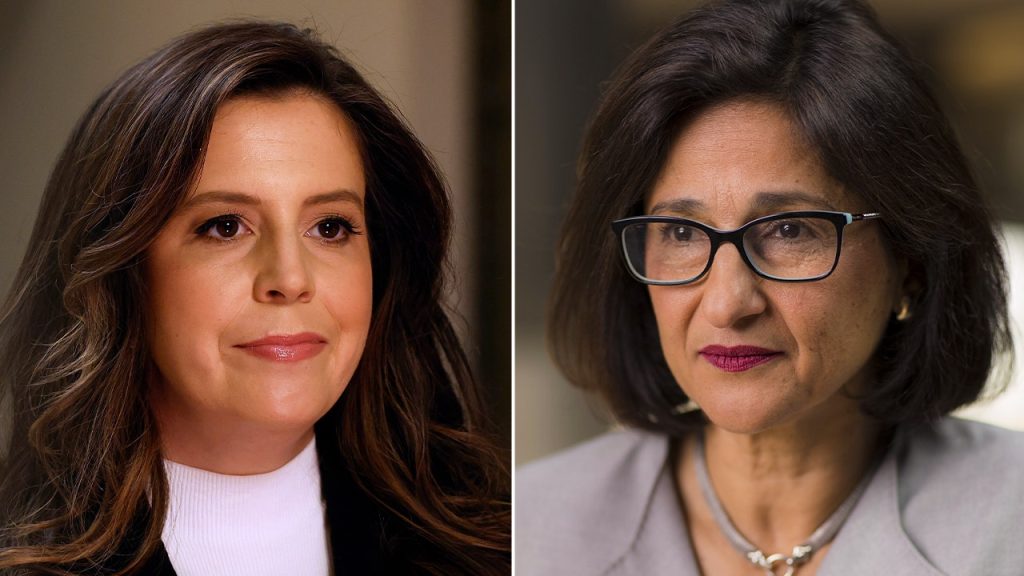House Republicans questioned Columbia University President Dr. Nemat “Minouche” Shafik regarding the employment of a professor, Joseph Massad, who had celebrated a terrorist attack by Hamas, calling it “awesome.” Massad’s statements praising the attack and glorifying the slaughter of Jews sparked outrage among lawmakers. Rep. Tim Walberg condemned Massad’s comments, highlighting previous instances where he had displayed anti-Semitic rhetoric and behavior towards students who questioned his views.
During the hearing, it was revealed that Massad served as the chair of the School of Arts and Sciences Academic Review Committee, which oversees the periodic review of all departments, centers, and institutes within the school. Although Shafik confirmed that Massad had faced consequences for his words and had been removed from his role as chair, questions remained about his continued listing on the school’s website. House Republican Conference Chair Rep. Elise Stefanik pressed Shafik on whether she would remove Massad from any remaining positions if he was still listed, to which she ultimately agreed.
Further scrutiny was also placed on another professor, Dr. Mohamed Abdou, who had made controversial statements in support of terrorist groups like Hamas and Hezbollah. Stefanik questioned the hiring process that led to Abdou’s employment following the terrorist attack in Israel, highlighting his inflammatory remarks and questioning whether Columbia was aware of them prior to hiring him. Under pressure, Shafik confirmed that Abdou would not be returning after the semester and would not work at Columbia again.
In a separate line of questioning, the Columbia president and board of trustee co-chairs were asked about rules against bullying and harassment in their schools’ codes of conduct in relation to calls for the genocide of Jews. Unlike other universities, Columbia’s leaders definitively answered “Yes” when asked if such calls violated their rules. This response reflected a stronger stance against anti-Semitic behavior and rhetoric within the university, as evidenced by the actions taken in response to Massad and Abdou’s controversial statements.
The House GOP’s focus on combating anti-Semitism on college campuses highlighted the importance of addressing hateful speech and behavior towards Jewish individuals and communities. By holding university leaders accountable for the actions of faculty members who engage in anti-Semitic rhetoric, lawmakers sought to ensure a safe and inclusive environment for all students, regardless of their background. The exchange between lawmakers and Columbia’s leadership underscored the need for universities to actively address and prevent instances of discrimination and hatred within their institutions.
The hearing shed light on the challenges of balancing free speech with the responsibility to prevent hate speech and discrimination on campus. While universities like Columbia have taken steps to address instances of anti-Semitism, there remains a need for continuous oversight and vigilance to ensure that all members of the campus community feel safe and respected. By holding individuals like Massad and Abdou accountable for their words and actions, universities can send a clear message that hate speech will not be tolerated and that all students deserve to learn in a supportive and inclusive environment.













